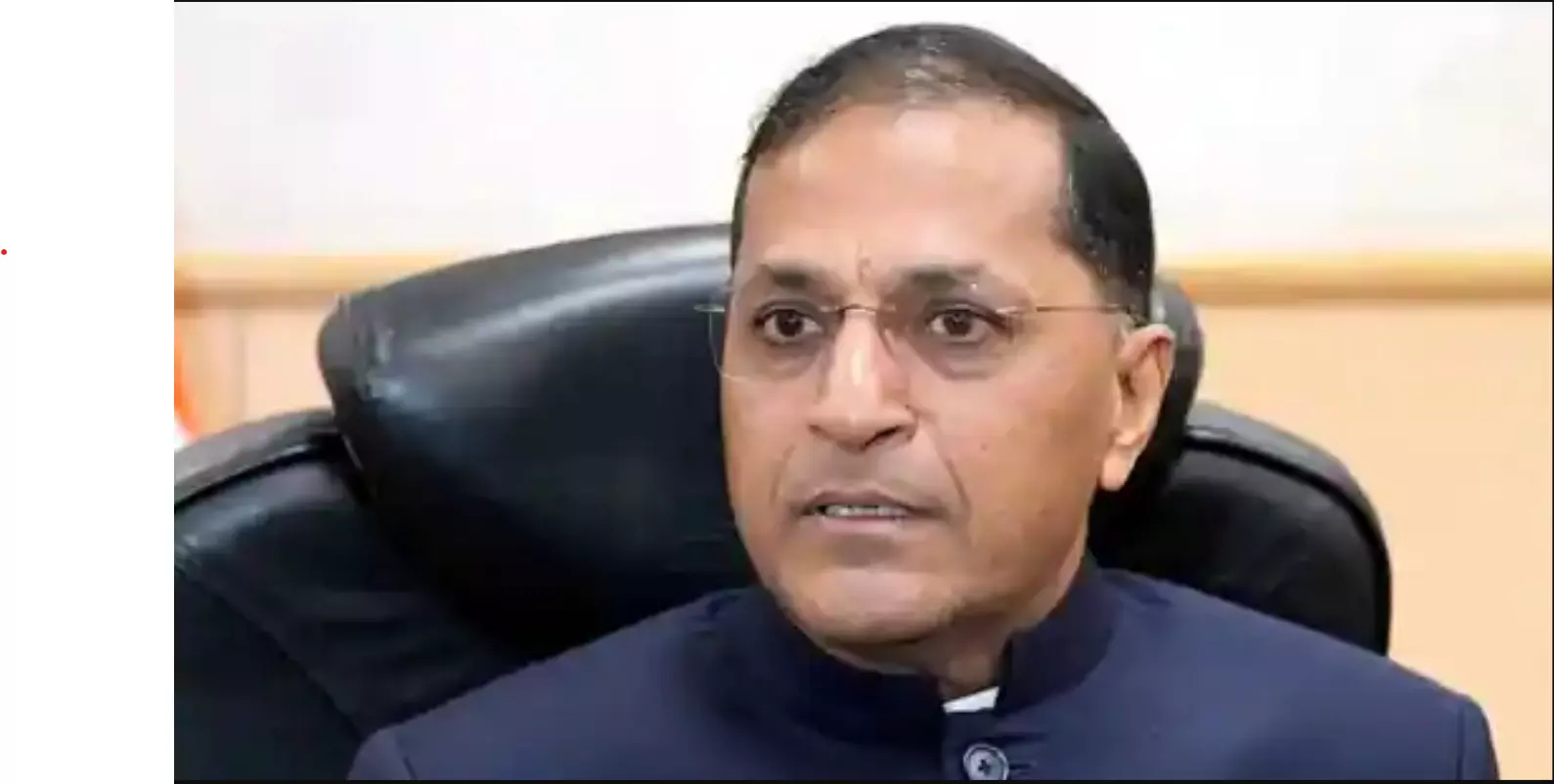A consequential void

Several weeks ahead of the high-stake General Elections, the Constitutional body responsible for the conduct of the polls lies in disarray. Following the retirement of Anup Chandra Pandey, another election commissioner, Arun Goel, resigned from his post — leaving Chief Election Commissioner Rajiv Kumar as the sole member left. Arun Goel’s resignation has exposed the vulnerabilities faced by current electoral landscape at various levels.
Goel’s resignation at this critical juncture is itself a cause of concern. The exact cause of his resignation is not yet known. Multiple speculations are floating around — from the accusations of political pressure to the lure of political/non-political office. Whatever be the reason, his departure from his role has left the country’s electoral landscape in a state of flux. More clarity on the matter will come only after passage of time, but for now, the priority has to be to fill the void left after Goel’s resignation. The water here is no less murky. Though there is hardly any obstruction in getting the two ECs appointed, the problem lies in the appointment process. The selection of new ECs is likely to take place in a few days’ time under the Chief Election Commissioner and Other Election Commissioners (Appointment, Conditions of Service and Term of Office) Act, 2023.
The recently passed Act mandates the selection of the ECs through a high-level selection committee headed by the Prime Minister and consisting of Leader of Opposition and a Union Minister. This is a major deviation from the earlier provision which ensured the participation of the Chief Justice of India in the selection process. The new composition, reflecting clear executive dominance, casts a dark shadow on the political impartiality of the selection process. In current scheme of things, it looks highly improbable that the Union Minister would differ in opinion from the Prime Minister. Moreover, this executive-dominated selection committee has its task narrowly cut out; it will make its selection from a list of five presented by a Search Committee headed by the Union Law Minister and comprising Union Home Secretary and Department of Personnel and Training (DoPT) Secretary. The President, of course, would put the final stamp on the selected candidates. If, in principle, the question of impartiality is thrown asunder, very little is left to say about what would unfold in practice. The citizens will be left to unconditionally rely upon the conscience of the selected candidates.
Interestingly, Jaya Thakur of the Congress has petitioned before the Supreme Court to prevent the Central government from utilising the CEC Act, 2023, for appointing two new Election Commissioners. The Act's validity remains contested, notably for excluding the Chief Justice of India from the selection panel. While agreeing to hear petitions, the Supreme Court previously declined to issue an interim stay on the controversial law.
Opposition parties, civil society, and legal experts have voiced apprehensions regarding the implications of these developments on the democratic fabric of the country. The ECI must remain insulated from partisan influence and uphold its mandate to ensure free, fair, and transparent elections. It is imperative that the government addresses the concerns raised by various stakeholders and takes concrete steps to restore public trust in the independence and integrity of the Election Commission. This entails revisiting the appointment process, ensuring broader representation in the selection committee, and upholding the principles of accountability and transparency.



